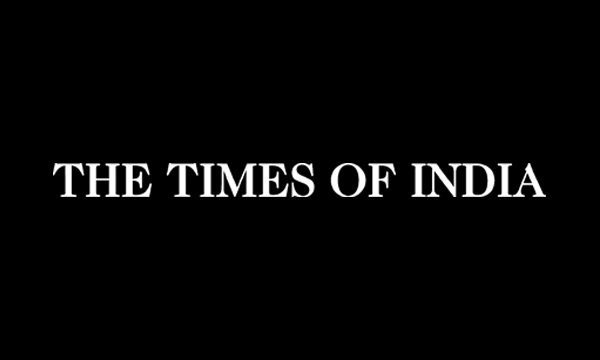Western Australia's police union says officers need to be offered more mental health support after its own research found rising levels of suicide in the force.
WARNING: This article contains content that some readers may find distressing.
By combining data from the National Coronial Information System, news reports and other sources, the union said it had created one of the largest collections of information about Australian police officer suicide.
The research found a total of 123 Australian police officers had taken their lives since 2000, with most of them occurring since 2015.
Rates of suicide across the country had more than doubled from 5.9 deaths per 100,000 serving officers at the turn of the millennium to 14 per 100,000 in 2022.
The union said its research also found that while suicide rates in the general population had remained relatively stable between 2000 and 2022, the same was not true for police officers.
Suicide rate exceeds those killed on duty
The report suggested it was more pertinent though to compare the rates of officers who died on the job compared to those who died by suicide.
It found that since 2007, the rate of deaths by suicide had surpassed the rate of officers killed on duty.
"The leading cause of death for police officers in Australia is no longer criminal gangs in the inner city, but rather the black dog," acting union president Paul Gale said.
Across the country, the average officer who took their own life was aged 44, had been in the force since 23-years-old, with most either ranked sergeant or senior constable.
New South Wales recorded the highest number of suicide deaths, while Tasmania and South Australia "had a highly disproportionate number of victims considering the size of their police forces".
Rate doubled in seven years
The average number of officers who took their own lives in WA more than doubled between the period 2000 to 2014 – where less than one officer died each year – compared to 2015 to 2022, where an average of one person died each year.
Part of the increase was down to the size of the police force growing, but the higher suicide rate does not account for all of the growth.
Victoria, the Northern Territory and Australian Federal Police saw the largest increase over those two periods.
Officers suffering from 'cumulative' trauma
Curtin University's David Lawrence has studied the mental health of first responders, including in a nationwide study in 2018, and said the report's findings were sadly not surprising.
"It's almost inevitable at some point in your career there's going to be an incident that doesn't really go the way that you would like it to, or things don't really work out of the best," he said.
"And there are going to be some really awful things that you have to deal with from time to time.
"But it's not just that exposure, it's also the way that the organisation responds to that."
Professor Lawrence said the fact the average age of officers taking their own lives was 44 also came as no shock.
"We think that one of the issues that's associated with that is the cumulative experience of trauma over a long period of time," he said.
Recruits need mental health training: union
Mr Gale said the data showed there was much more work for police forces across the country to do, particularly pointing to shortcomings in WA's own system.
"At the moment, police recruits in Western Australia do not receive any mental health training as part of their 28-week program at the police academy," he said.
"That needs to change. Stress and trauma can arise on day one of the job, so it's vitally important that police officers are prepared to deal with those challenges."
Rising rates of violent crime, sexual offences, mental health emergencies and family and domestic violence call-outs were adding to officers' stress, he said.
Mr Gale said those factors only added to the union's calls for a 'right to disconnect', as part of ongoing negotiations over pay and conditions with the state government.
"Something as simple as respecting the personal boundaries of police officers will go a long way to ensure that they are well rested and recharged before duty," Mr Gale said.
Professor Lawrence said improving police officers' mental health required a number of solutions, including changing the work-life balance of officers and ensuring there were enough police to cover for those who needed to take mental health leave.
He said it was also important for officers to be able to speak about mental health concerns without worrying that it would affect their career prospects.
Recruits provided with support: WA Police
A WA Police spokesperson said the "health and welfare of all police officers, recruits and staff (and their families) is of paramount importance".
"From their first day in the academy, recruits are provided information on support services available to them, both internally and externally," they said.
"The Health, Welfare and Safety Division is continually identifying ways to enhance the support available, to keep that support contemporary and relevant.
"WA Police Force has a range of support services, initiatives and programs available to police officers and staff, and their families, with the range of support including a mix of informal, formal and professional/clinical services, depending on the needs of the officer or staff member in question.
"WA Police is also in the process of assessing an appropriate enterprise-wide mental health education and training framework."
In August 2021, then-Commissioner Chris Dawson held a suicide prevention forum to address concerns with the mental health of officers.







